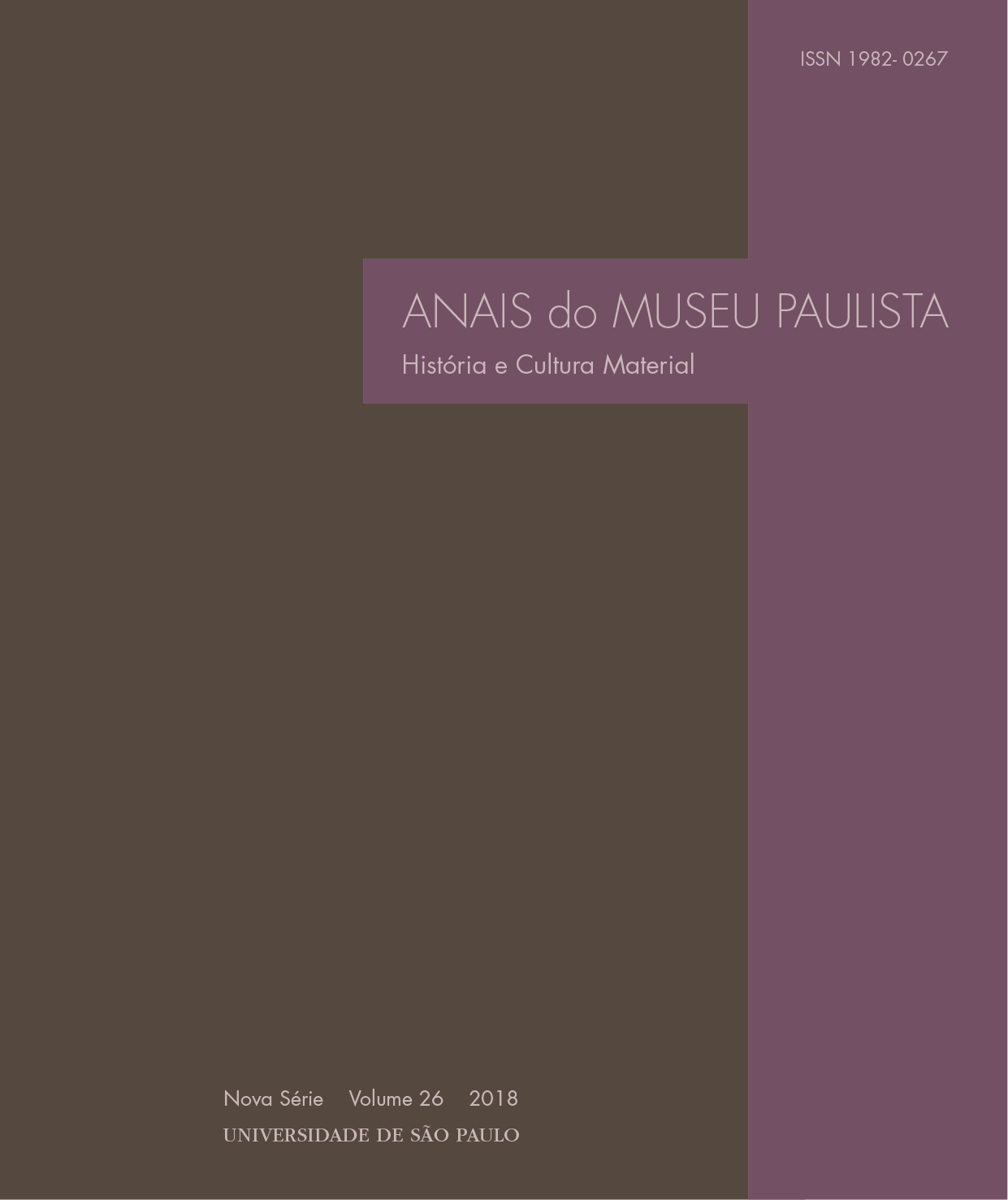The anthropophagous Oswald de Andrade and the heritage conservation: a devourer of myths?
DOI:
https://doi.org/10.1590/1982-02672018v26e32Keywords:
Oswald de Andrade, IPHAN, ConservationAbstract
An unpublished document of 1930 attributed by the authors of this article to Oswald de Andrade, in which he suggests the “Bases for the Creation and Organization of the Department of Defense and Conservation of the Artistic Heritage of Brazil”, is the starting point used to discuss the historiographical shadow that conceals the writer as one of the agents of the constitu- tion, in the field of ideas, of a preservationist culture in the country, particularly within the history of the constitution of the National Historical and Artistic Patrimony Service (SPHAN). The article also proposes to problematize the centrality of Mário de Andrade in the founding myth of the Ser- vice. To do so, it addresses the biography of Oswald de Andrade, his ideas, political positions, his social place, his friendships and enmities. The debate raises the question whether there would be a difficulty in admitting the provocative presence of an “anthropophagous conservative” in the history of the constitution of the main federal preservation body in Brazil.
Downloads
Downloads
Published
Issue
Section
License
Autores que publicam nesta revista concordam com os seguintes termos:
- Autores mantém os direitos autorais e concedem à revista o direito de primeira publicação, com o trabalho simultaneamente licenciado sob a Licença Creative Commons Attribution que permite o compartilhamento do trabalho com reconhecimento da autoria e publicação inicial nesta revista.
- Autores têm autorização para assumir contratos adicionais separadamente, para distribuição não-exclusiva da versão do trabalho publicada nesta revista (ex.: publicar em repositório institucional ou como capítulo de livro), com reconhecimento de autoria e publicação inicial nesta revista.
- Autores têm permissão e são estimulados a publicar e distribuir seu trabalho online (ex.: em repositórios institucionais ou na sua página pessoal) a qualquer ponto antes ou durante o processo editorial, já que isso pode gerar alterações produtivas, bem como aumentar o impacto e a citação do trabalho publicado (Veja O Efeito do Acesso Livre).



